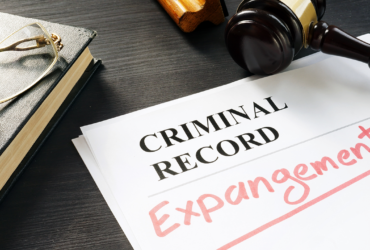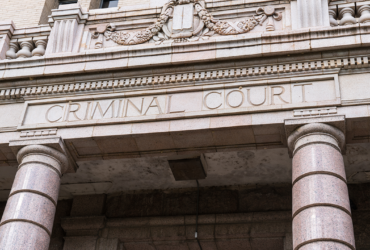Juvenile courts exclusively govern the criminal prosecution of minors
The juvenile age is usually under 18 years. The state goal of the juvenile process is not to punish but to rehabilitate the minor. Social workers and probation officials are usually very active in the juvenile charging and prosecution process.
If possible, juvenile courts try to get the minor into diversion rather than forcibly engage the juvenile in the criminal court process. Diversion programs focus on therapeutic and emotional self-management.
According to recent reports, there are over 650 juvenile detention facilities nationwide, and according to a report published by the Sentencing Project, the states with the highest juvenile custody rates are:
- West Virginia
- Wyoming
- Oregon
- Alaska
- South Dakota





